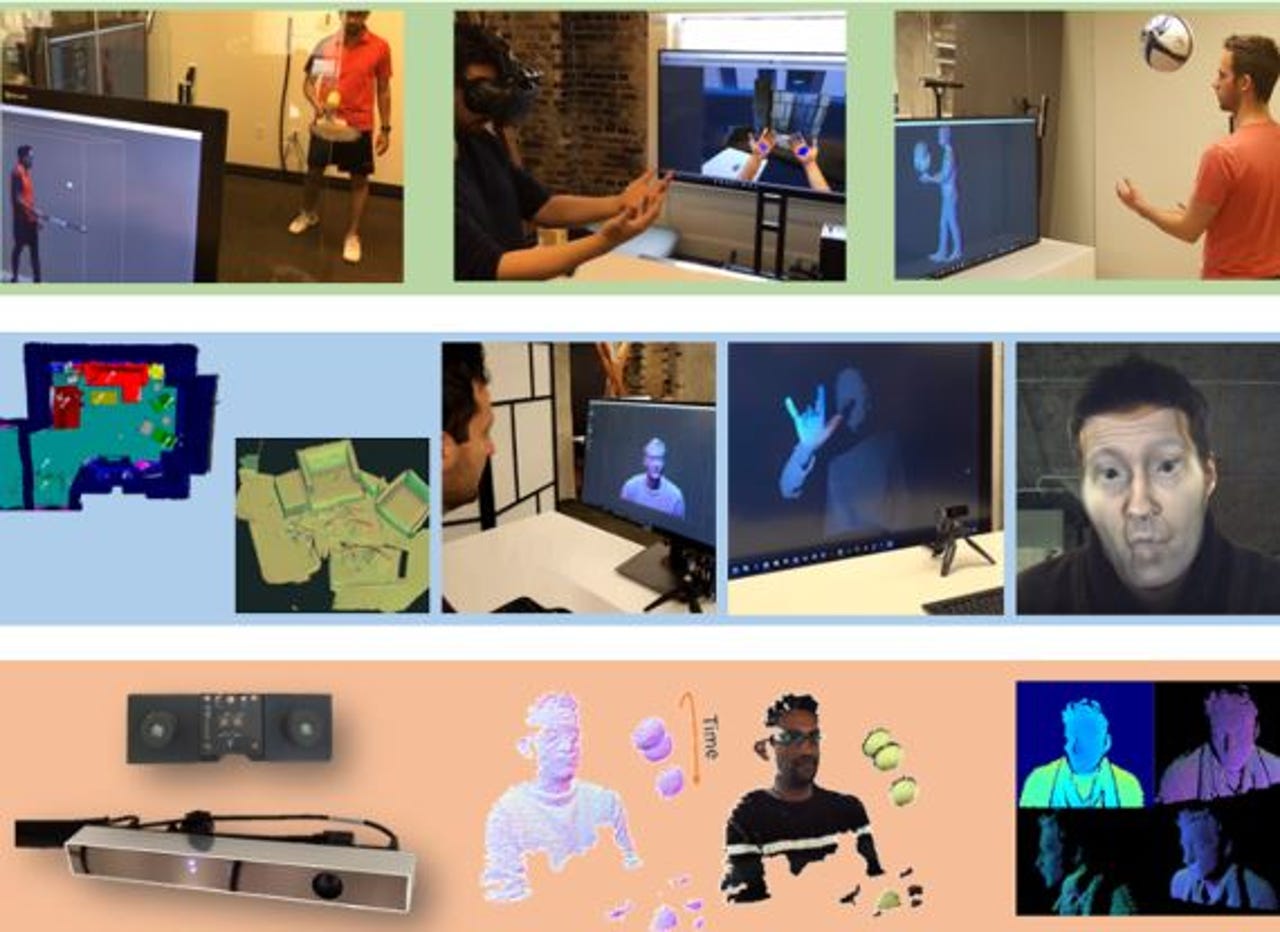Google now employs a group of former Microsoft Surface, holoportation experts

In 2016, the head of Surface Hub, plus a group of Microsoft's holoportation and other computer vision and learning projects left Microsoft to form a new stealth startup. It now seems that Google either has bought that startup, perceptiveIO Inc., or acquired many/all of its employees.
PerceptiveIO's website, perceptiveio.com, expired sometime within the past few months. The domain is owned by Google now, according to a WhoIs search. I reached out to Google and a member of the former perceptiveIO team to ask if/when/why Google acquired the startup and didn't hear back from either one.

PerceptiveIO's site originally said that the startup was planning to make "beautifully designed and engineered systems at the intersection of novel hardware and software."
The perceptiveIO systems will be designed to "perceive and interact with the world in real time," the company's web site said. They'll also attempt to change how people interact with computers via some kind of mix of computer vision, applied machine learning, "novel displays," sensing, and human-computer interaction," the site said.
Jeff Han, whose LinkedIn profile lists him, as of May 2016, as Co-Founder and CEO of perceptiveIO Inc., was the founder of Perceptive Pixel. In 2012, Microsoft bought Perceptive Pixel -- and ultimately used that technology as the foundation for its large-screen Surface Hub conferencing systems.
The WalkingCat (@h0x0d) tweeted yesterday that the perceptiveio team seemed to have gone to Google to work in its Augmented Perception Group. The Cat provided a link to a research paper that showed the perceptiveio team members were working at Google.
The Cat also found a link to a Google Augmented Perception tutorial from June, which listed a number of the former perceptiveio staffers as speakers.The tutorial sessions covered topics such as depth sensors and 3D capture, tracking and relocalization, world understanding and machine learning/interactive applications.
Microsoft is working on its own projects in a number of these areas involving the HoloLens, mixed reality and AI/machine learning.
Holoportation allows individuals with mixed-reality devices, including the HoloLens to see and interact with remote participants in 3D as if they were actually present in their physical space. Microsoft researchers have been working on Holoportation in various incarnations, over the past few years.
In February this year, Microsoft execs hinted about progress the company has made on the holoportation and immersive communication fronts.